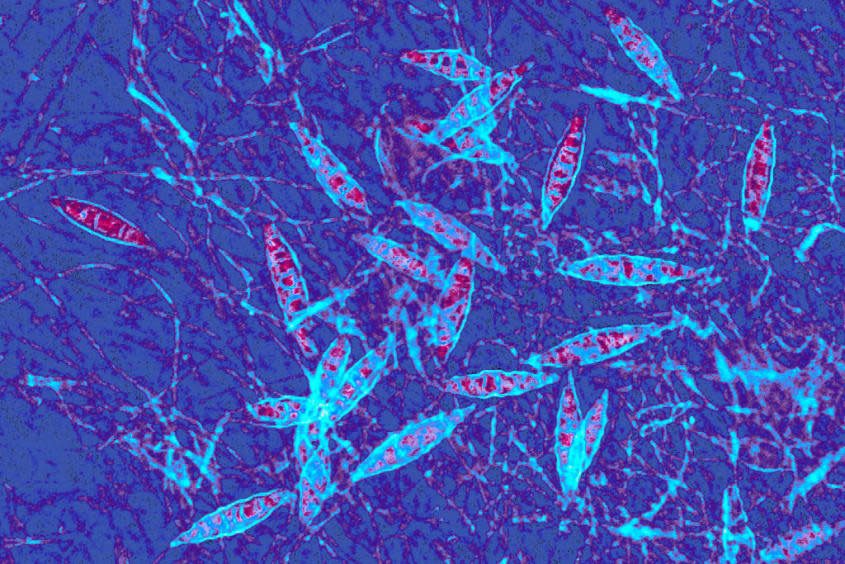'Highly contagious' and drug-resistant ringworm infections found in New York City

The first U.S. cases of a drug-resistant ringworm have been discovered in New York City, according to a report from the Centers for Disease Control and Prevention (CDC).
Ringworm is "a common, highly contagious, superficial infection of the skin, hair, or nails" caused by a fungus known as Trichophyton indotineae. It spreads via skin-to-skin contact and "usually looks like a circular pattern of raised, itchy scales," according to NBC News.
There have been two reported cases in two unrelated women. One of the women had no history of international travel, meaning the spread came from within the U.S., CNN reports. Cases first appeared in South Asia before popping up in Europe and now the U.S. The CDC believes that the fungus' new-found drug resistance is due to the "misuse and overuse of topical antifungals and corticosteroids."
"It may also be a little more widespread than we have noted before," Dr. Priya Soni of Cedars-Sinai Medical Center told CNN. "I think it's important to be aware that we may be seeing more of this particular species as we go into the warmer, moist summer months." Other fungal infections, like Candida auris, have also begun to make an appearance, likely because of climate change. "Any kind of ringworm really flourishes in the warm, moist weather," Soni continued. "I think with globalization and just the travel that we're going to see over the summer, this may be something that we may see more of as the months go on."
You may also like
'Highly contagious' and drug-resistant ringworm infections found in New York City
Congressman George Santos admits to theft in plea deal with Brazilian prosecutors

